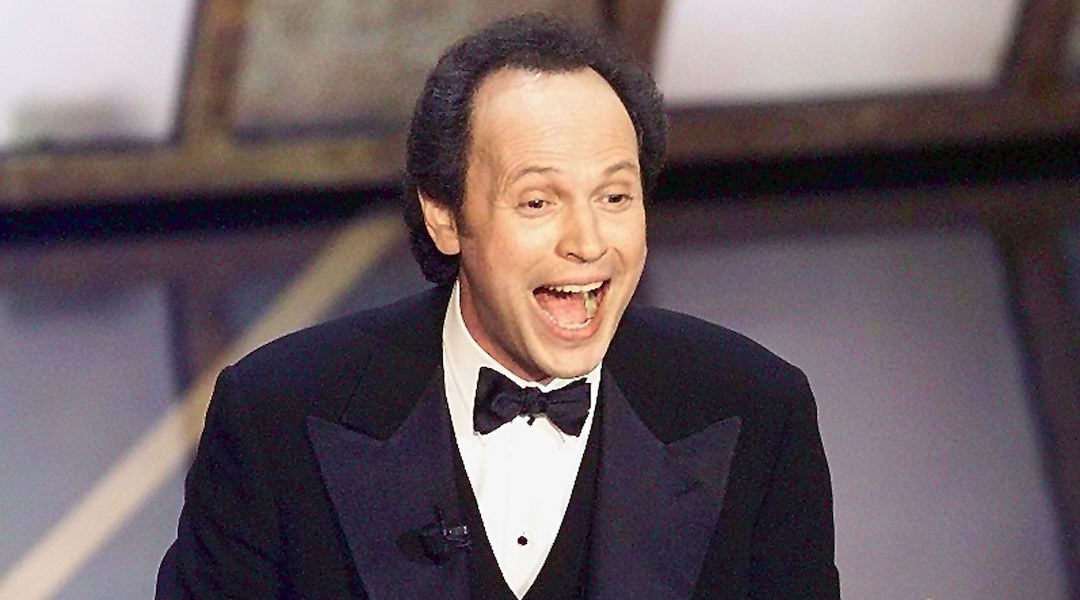The 69th annual Academy Awards are history. But one question for a segment of the population remains: Was it good for the Jews?
The answer is a firm yes and no.
It was a grand evening for veteran filmmaker Saul Zaentz, who picked up an Oscar for producing best picture winner “The English Patient,” as well as the honorary Irving Thalberg award for his lifetime contributions to the film industry.
The New Jersey native, whose home base is Berkeley, Calif., has now won Oscars in three consecutive decades. He started with “One Flew Over the Cuckoo’s Nest” in 1975, and followed up with “Amadeus” in 1984.
It was not quite as happy an occasion for Lauren Bacall, however, who was favored to garner best supporting actress honors for her role as Barbra Streisand’s Jewish mother in “The Mirror Has Two Faces.”
She lost to “English Patient’s” Juliette Binoche, who seemed as surprised as everyone else to have beaten out Bacall and who generously observed that “Lauren deserved it.”
After days of rumors and denials, concert pianist David Helfgott, the real-life hero of “Shine,” showed up and performed to thunderous applause.
Geoffrey Rush, the non-Jewish Australian actor, got the best actor nod for his portrayal of Helfgott in “Shine.”
Host Billy Crystal peppered his routine with Jewish references. He talked of his bris — “the rabbi had the final cut” — referred to the black, Chasidiclike outfit worn by presenter Kevin Spacey, and called the “First Wives” trio of Goldie Hawn, Bette Midler and Diane Keaton the “Three Yentas from Eastwick.”
The gags went over well with the Hollywood in-crowd, but must have puzzled some of the 1 billion television viewers in 100 countries.
In the less glamorous categories, brothers Ethan and Joel Coen walked off with an Academy Award for their original screenplay “Fargo.” Joel Coen’s wife, Frances McDormand, was named best actress.
JTA has documented Jewish history in real-time for over a century. Keep our journalism strong by joining us in supporting independent, award-winning reporting.
The Archive of the Jewish Telegraphic Agency includes articles published from 1923 to 2008. Archive stories reflect the journalistic standards and practices of the time they were published.




